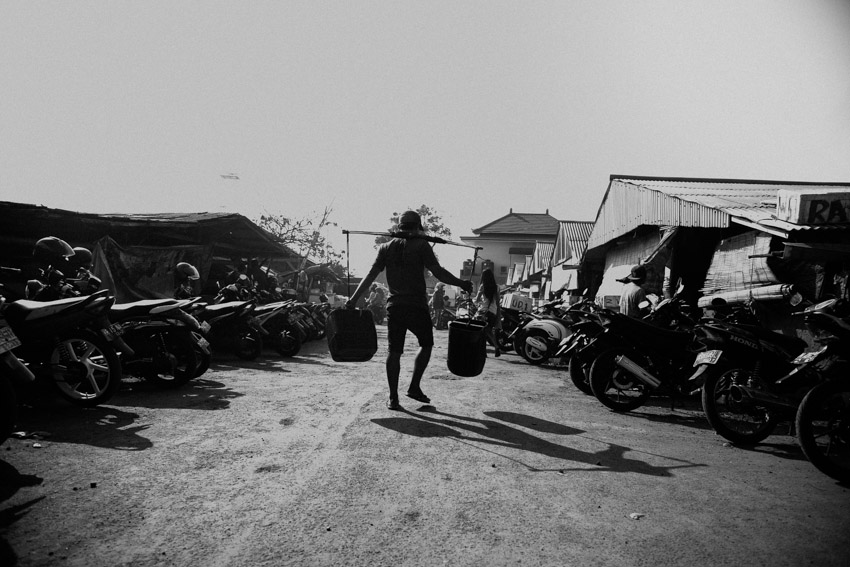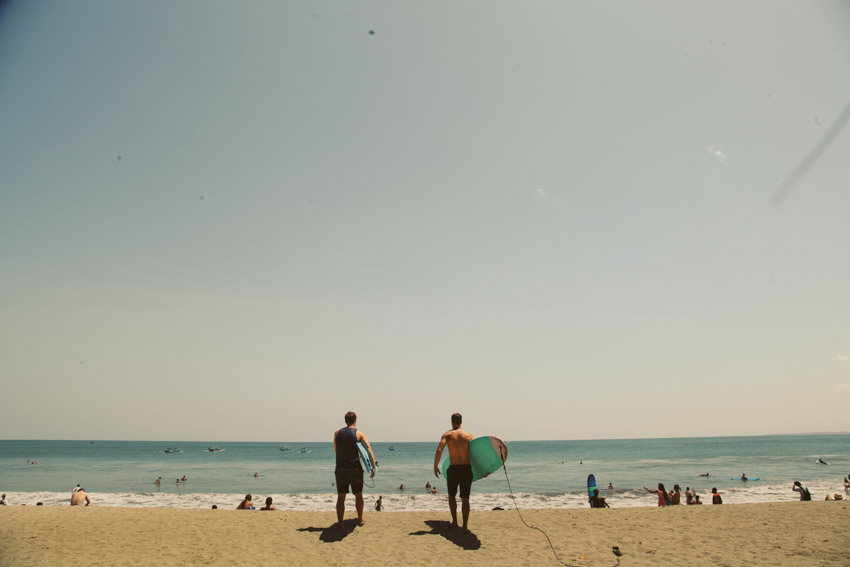“The average amount young people (age 23-30) spend on travel
is $4,700 per trip, averaging about $80 a day”–Forbes
During my travels through Southeast Asia these past few months I have talked with over thirty fellow young travelers (mostly backpackers) about their budget and spending habits. (They probably think I’m a total nerd for asking, but I justify it by saying I was a finance major) My wife, Asia and I are not staying in hostels, we aren’t eating granola bars for lunch yet we still spend LESS money than 90% of young travelers. We spend an average of $34/day per person. What are we doing differently than them? We have a plan.
New environments alter our normal decision making process making us the perfect target for catchy marketing strategies. Flashy signs, tourist agencies, sales people and yummy smells (especially when our tummy is thinking for us) create “needs” for us that weren’t there otherwise. Unless we have a plan to combat these impulse desires, money will fly out of our wallets.
The way I see it there are two kinds of planning: Week Planning and Day planning. (I will discuss the specifics of both of these in future blog posts)
Week planning is the type of preparation I do before the trip that typically involves me sitting in my boxers trolling the internet. This is where I type search after search trying to understand the area and find the best deals for: airfare, lodging, currency exchange rates, transportation and local attractions. I pick my two favorite options for each, pick one with Asia, and then make the purchase on our travel credit card (for 3x points, yay!). The OPPOSITE of this would be to buy plane tickets a week before you leave, pay 3x the transportation cost at the airport, stay in overpriced hostel/hotel and lose money at a bad exchange rate.
Day planning is the night before/morning of type of preparation for the day. These types of plans are most economical after talking with locals and hearing their recommendations or reading personal online reviews. This is where I decide that I will spend $X for lunch, pay $XX for a surfboard, allot $X extra for something random I want and order a nicer dinner for $XX. Day planning requires just as much ‘will power’ as it does ‘won’t power’ to NOT buy out of impulse. (concepts taught from this book)
Having a plan does NOT mean you have a detailed itinerary notebook in your pocket, be Type A personality, and resist any sort of deviation from the plan. If you know Asia and I then you know spontaneity is basically a pillar of our whole relationship. Having a plan allows you to spend money on what you value and enjoy doing for the best price possible.






